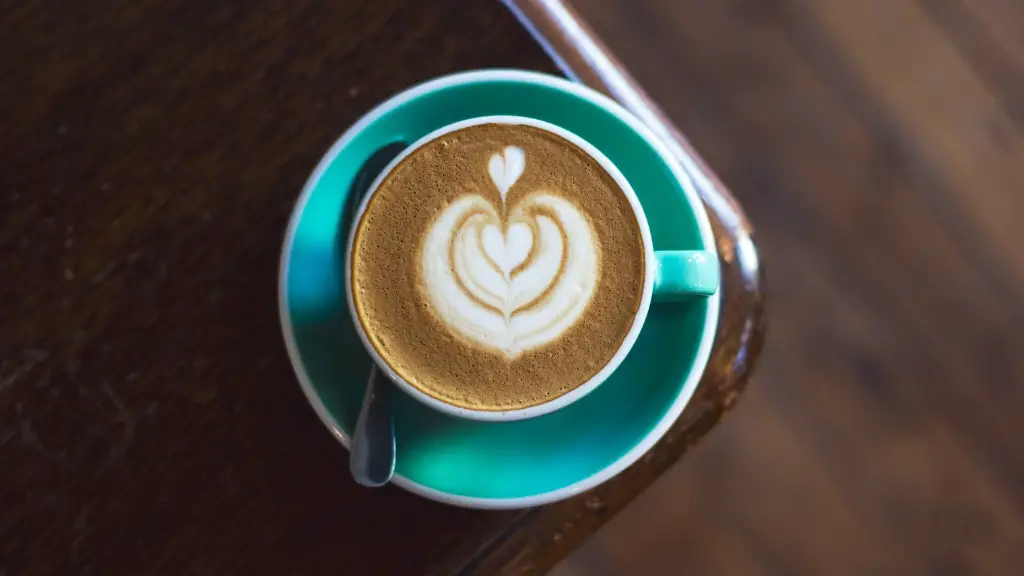In the past decade, coffee culture has become mainstream. Despite the rise in tea and speciality drinks on the international market, coffee remains the go-to beverage for millions around the world. But for health and lifestyle reasons, many ask the question: “Should I drink coffee at night?”.
Coffee is a natural stimulant that contains caffeine, a psychoactive substance. Caffeine works on the central nervous system, granting users a short-term boost in concentration and alertness. However, since caffeine has a six-hour half-life, it executes its effects long after the cup is finished.
The National Sleep Foundation recommends allowing at least six hours between your last beverage of the day and bedtime. Dr Mike Hall, a sleep specialist and adviser for the Sleep Council, considers it best to abstain from coffee entirely as “the impact of caffeine can last for several hours”.
Drinking coffee too late in the evening also suppresses melatonin, a hormone inducing the feelings of tiredness. This is especially problematic since a lack of sleep increases the levels of stress hormones, such as cortisol, in the body.
To further complicate the matter, coffee has addictive properties that can interfere with sleep patterns in the long run. Though the stimulant will give you an initial boost of energy, it makes it more difficult to fall asleep and stay asleep. A 2018 study showed that just a single cup a day can have compounding effects on sleep quality.
However, coffee is not as bad as it may seem. Moderate amounts of coffee — two cups a day, or 200 milligrams of caffeine — are actually beneficial to one’s health. Among other things, moderate coffee consumption has been linked with a lower risk of developing diabetes, cardiovascular disease, cancer and Alzheimer’s.
Coffee is also beneficial for our brains. Not only does caffeine help us focus better; recent studies suggest that cyclic or continual coffee consumption, with intervals no longer than five hours apart, can help to maintain alertness and reaction time even during times when we would typically experience sleepiness.
Insomnia
If you experience difficulty sleeping, lack of sleep can increase anxiety and depression. Without the right amount of restful sleep, many people can’t manage the stress that they face in real life. And too much caffeine, particularly in the late afternoon and evening, will make it even more difficult to go to sleep. However, that doesn’t mean that you need to cut out coffee entirely – moderating your caffeine intake and avoiding it later in the day and evening can still prove beneficial.
When dealing with insomnia, cutting out late-night coffee can be the answer. But if you are often tired and can’t seem to find energy during the day, a regular intake of coffee is recommended. Listening to your body and knowing what works best for you is key to creating a sleep schedule that won’t leave you exhausted.
It is also important to note that different people will respond to caffeine differently. While one person may be negatively affected by a single cup of coffee at night, another may be able to handle two cups with no ill effects.
Should you drink coffee at night?
The precise answer to this question varies depending on the individual, and everyone must consider their own level of sensitivity. However, it is generally discouraged to drink coffee late in the evening, as the effects of caffeine can interfere with your sleep schedule. As the National Sleep Foundation has stated, the main rule is: avoid coffee and caffeine six hours before bedtime.
The final answer lies with the individual and finding the right balance between maintaining alertness and enhancing focus during the day, while still allowing us to get enough rest and reach our optimal level of performance.
Caffeine content
The amount of caffeine in coffee depends on many factors, including the type of bean, size of cup, the brewing process and the method of preparation. An 8-ounce cup of coffee typically contains anywhere from 95 to 165 milligrams of caffeine, depending on the strength of the blend.
Other beverages also contain caffeine. Tea, for example, contains much less caffeine than coffee, but can still disrupt sleep if consumed late in the evening. It is important to remember to check the caffeine content of all beverages, including soft drinks, energy drinks and chocolate.
Pros and cons
There are both advantages and disadvantages to drinking coffee at night. The positives include increased focus and alertness, which may lead to increased productivity and performance. However, too much caffeine late in the day can have a negative effect on our sleeping patterns and quality of sleep. It can also create feelings of anxiety and restlessness, and contribute to feelings of depression.
Decisions such as whether or not to drink coffee at night should be taken with serious consideration, as it can have both a positive and negative impact on our health, depending on the individual.
Recommendations
Overall, it is important to take into consideration various factors including the amount of caffeine you can handle, how it will affect you and how it will fit into your lifestyle. Moderation is key and timing is everything, so sticking to plentiful amounts during the day and abstaining at night is recommended.
Still, if you are sensitive to caffeine, any amount at any time of day may be too much. Consult with your physician if you have sleep problems or anxiety about about drinking coffee, as these professionals can help guide you to the best solutions for your individual needs.
Sleep hygiene
Adopting healthier habits is an essential part of improving your sleep quality, regardless of whether or not you decide to drink coffee at night. Among other strategies, having a pre-bedtime routine, often referred to as ‘sleep hygiene’, can keep you from caffeine dependency with the goal of getting a restful night’s sleep.
Alternatives like herbal tea, especially with caffeine-free varieties, can help you stay alert during the day, while allowing bedtime to come on schedule. Drinking fluids with electrolytes and avoiding snacks high in sugar will also help improve your sleep schedule. And finally, cultivating a relaxing lifestyle through yoga and mindfulness, and being exposed to natural light during the day are key habits to developing proper rest.
Only you can decide
In the end, the question of whether or not to have coffee at night comes down to an individual decision. Taking into consideration all the elements and weighing the pros and cons will help you determine what best suits your lifestyle. At the end of the day, it is essential to make the best decision for our own physical and mental health.





